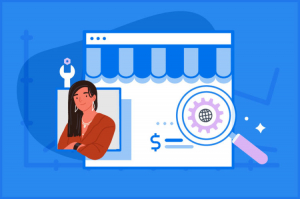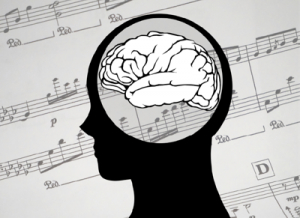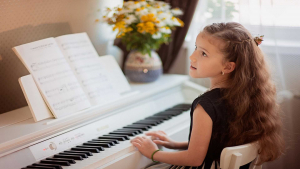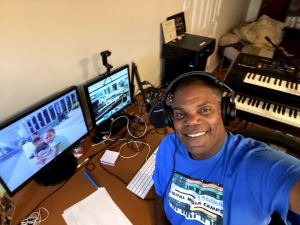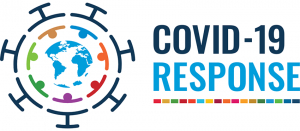
Richard Balfour
Making the most of life, one day at a time.
Making Time For A Healthy Lifestyle - It's More Than Just Another Practice Routine
Congratulations!
You finally decided to take up piano lessons. Perhaps you have been thinking about taking lessons for a while but never came around to it for one reason or the other.
Now that you finally got your hands into the groove you're probably wondering what type of practice routine you should adopt. Of course, this will depend on where you want to take your new musical adventures. For some people they want a simple hobby to pass the time with every now and then while for others they might want to take a more serious approach and perhaps build a career around their musical talent.
Regardless of the method and frequency, you decide for how long your practice sessions should be, you should do your best to give your full attention and have a post tube and relaxed attitude as you play.
Tame Your Mind
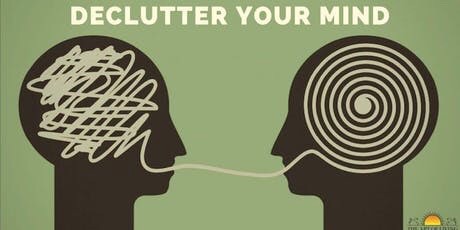
Because playing music engages the whole brain do you want to make sure that you begin each practice session by taking a few moments to take a few deep breaths, close your eyes, and relax until you feel the tension leave your body.
This is important because most of us spend our time looking up or down at a screen and our attention for the most part is carried away by so many random thoughts; be it from what's happening at work or at home or on social media. It's hard to stay focused when we have so many things going on in our minds. Do yourself a favor and disengage from the world around you so you can focus on the world within.
Don't Give Up
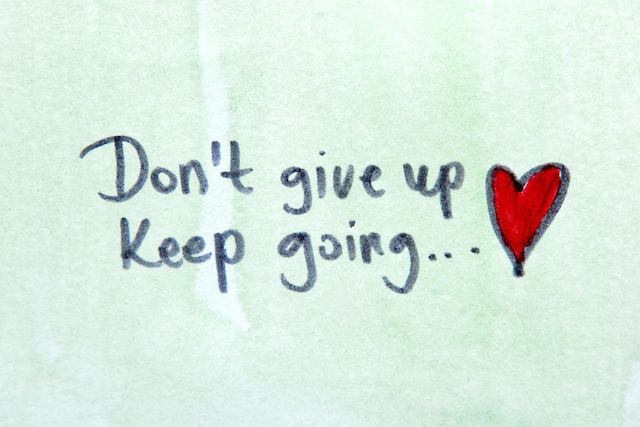
it takes time to develop proper hand and finger dexterity while building muscle memory during your piano practice. don't be hard on yourself or get overly frustrated if the piece you're trying to learn or compose is taking a long time to master. We all have our own pace and our own style of learning. It's normal to make mistakes and sometimes it might take weeks or months or even years to get that one piece right.
The only wrong note you will ever play is the one that is played without passion or done out of haste and frustration.
Take Care Of Your Body

Just like the strings on the piano or a guitar need to be tuned in order to play perfectly your body, mind, and spirit when in tune will provide you with peak performance not just with your music but also in other areas of your life.
You will feel more focused and alert with better concentration at your usual tasks. In many cases, you will find an added boost of energy to your vitality.
A proper diet will help you immensely as well. Don't practice on an empty stomach or if you finished working a double shift and are lacking sleep.
When And How Often?

To be honest with you here's what I think.
I've heard so many excuses in the past for people not making time to practice. However, by some miracle, they find the time to spend hours looking at useless information on social media no matter what time of day or night it is.
If you're one of these people then you certainly can't afford to take the time to create a stable routine for your new life's passion. Yes, I'm calling it a life passion because let's face it; whether we realize it or not we use music to express how we feel and our emotions several times a day. We listen to music to motivate and comfort us in the best and worst of times. Music is also very healing and in the times we're living in today we could all use a little extra healing. When you think about it that way it makes you realize how much more important each time you sit in front of your piano is.
If you can devote 30 to 60 minutes daily or every other day to simple mindful piano practice your life will improve in many ways that you never thought possible before. They say when you do physical exercise that it takes 20 to 25 minutes for your body to start burning fat. Using that same analogy at least 30 minutes of mindful practice will help you to retain what you learned much easier and will improve your memory over time.
Piano or music practice should not be a chore or something that you should be forced into doing. It should be something that you approach with a pleasant attitude each time. Just like a get-together with an old friend that will never let you down and will always be there for you no matter how long it's been since being apart.
I look forward to hearing about your musical journeys. Please feel free to comment and share your thoughts and experiences
Sources:
- https://med.stanford.edu/news/all-news/2007/07/music-moves-brain-to-pay-attention-stanford-study-finds.html
- https://www.ncbi.nlm.nih.gov/pmc/articles/PMC6502424/
- https://www.mcgill.ca/spl/files/spl/palmermemory.pdf
- https://www.ncbi.nlm.nih.gov/pmc/articles/PMC3115284/
- https://wp.stolaf.edu/musician-health/nutrition-eating-and-singing/
- https://www.ncbi.nlm.nih.gov/pmc/articles/PMC3814522/
Manage Your Own Website And Save A Bundle
Running and managing your own domain name, website and Google Services has never been easier!
The website and SEO (Search Engine Optimization) market is the lifeblood for anyone who runs a business these days. If you have a great idea or product but have no knowledge of how the Internet works, your message and dream may never get noticed.
Hiring a company to manage this for you is very expensive. A basic website with domain name registration can cost anywhere from $500 to $5,000. If you want to get ranked high on Google search, you can add another $5,000 to $20,000 in costs. Want an e-commerce site, add another $1,000 to $15,000. And on it goes.
You might decide to try learning things yourself and take a few courses here and there. If you have the time to spare, then take the 2-3 years to get acquainted with the terms, the changing technology, and so on.
As you can see, it can be a nightmare to get started on your own without the proper direction.
Well, as of now you have me to help you through this mess!
For decades I have been building websites and managing data for a number of organizations. In that time, I learned how different people use and manage their data. Back in the day, it was common for companies to spend thousands of dollars on intranets and other collaboration systems like Lotus Notes/Domino, Microsoft Sharepoint. In the mid-1990s, there was a software revolution of sorts where groups of people developed Open Source software that although did not have the aesthetic look and feel of "Microsoft", proved to be more robust and secure than their expensive licensed counterparts.
Open Source software is the way to go! This entire website was built using open-source software. With that in mind, let's get started on what you need to host and manage your domain and website and get ranked on Google!
You'll need the following before we begin:
- a Google account
- a Microsoft Live account
- a Facebook account
1. Select a cPanel hosting provider

This is where your website and data will live. There are many hosting options to choose from, but the one I recommend to get started should cost around $10-$15 per month. GoDaddy and my hosting provider CitéGlobe offer good products and services and are worth the investment.
2. Register/Transfer Your Domain Name(s)
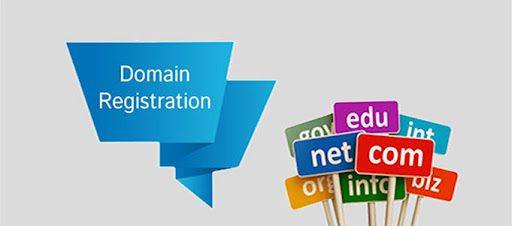
Once you have your cPanel ready to go, the next step is to secure your domain names. This is usually done at the same time as the cPanel registration. Be sure to give proper thought to the names you wish to use, and if you'll be using .com .ca. org .net or any other domain suffix. You can order as many as you like. They range from $10 to $50 per year, or you can order a few years in advance.
If you already have an existing domain name you can transfer your data to another hosting service that has cPanel. Some providers such as Wix are limited in what they can provide for running your server. cPanel offers many advantages that most other Domain Control Panel utilities lack.
3. Configure a SQL database for your Joomla Content Management System

This procedure is typically used once when initially installing the Joomla system. Use the MySQL Database Wizard to create a database with a user that has ALL PRIVILEGES granted to it. Make sure you take note of the database name, username, and password.
4. Configure your Joomla file system in cPanel

Your home folder for your website should be /public_html. You can get Joomla 3 here. Upload and extract the contents of this zip file in the ROOT DIRECTORY of your home folder.
Note: Although Joomla 4 is available because it is a brand new release the extensions and plugins used with Joomla 3 are not compatible. I strongly recommend using Joomla 3.1x until more vendors provide support for version 4.
5. Install Joomla
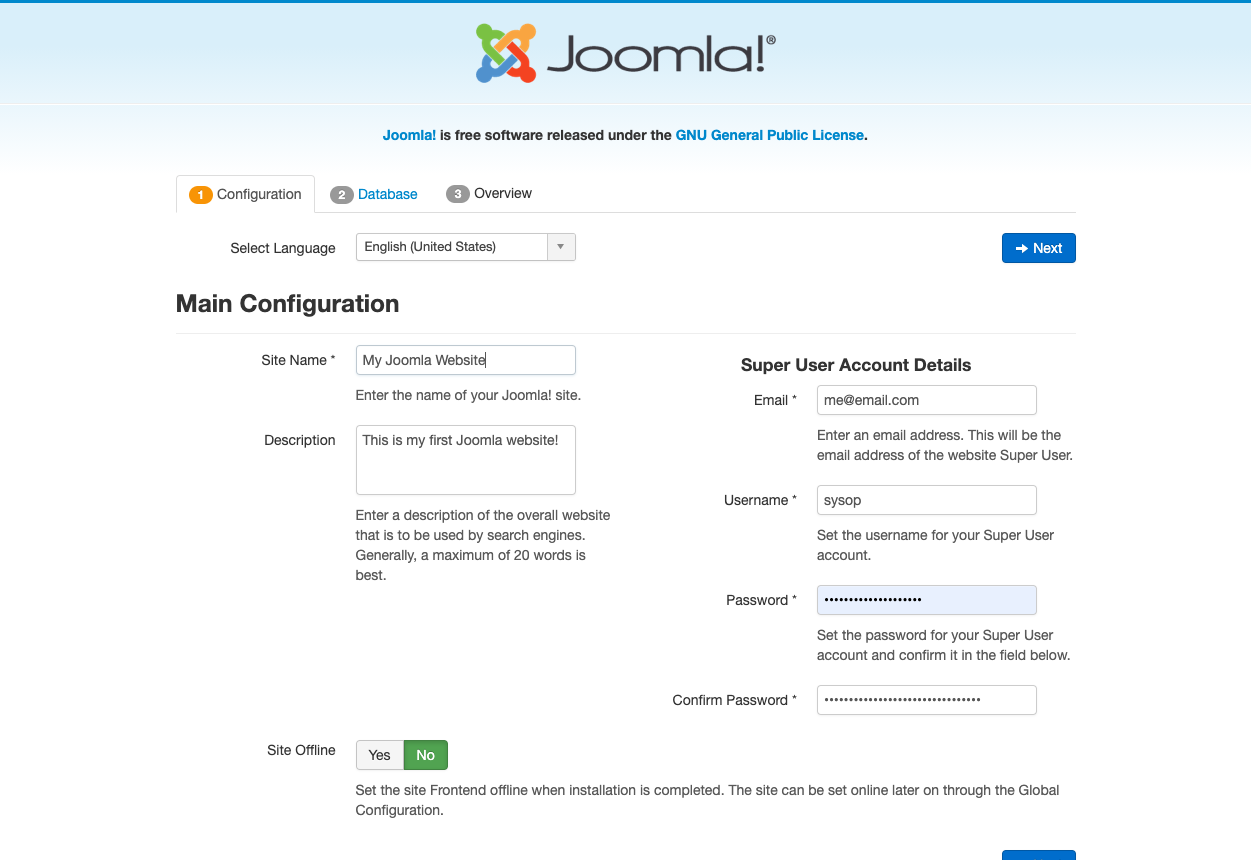
Run the Joomla install from your browser by typing in the URL of your domain name.
You should get a page that looks like this. Enter the information then click Next.
6. Database configuration
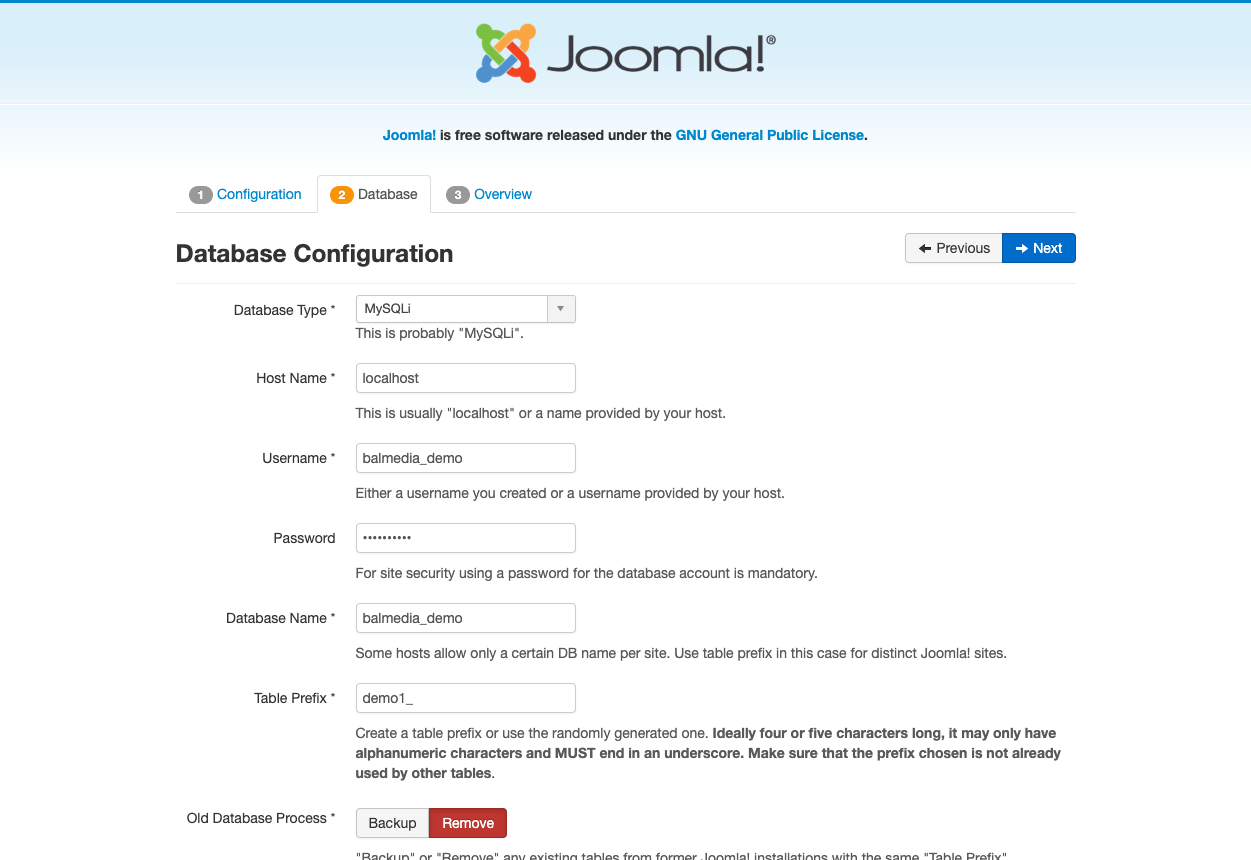
Enter the information for connecting Joomla to the database and user you created in Step 3, then click Next.
7. Select a pre-customized template
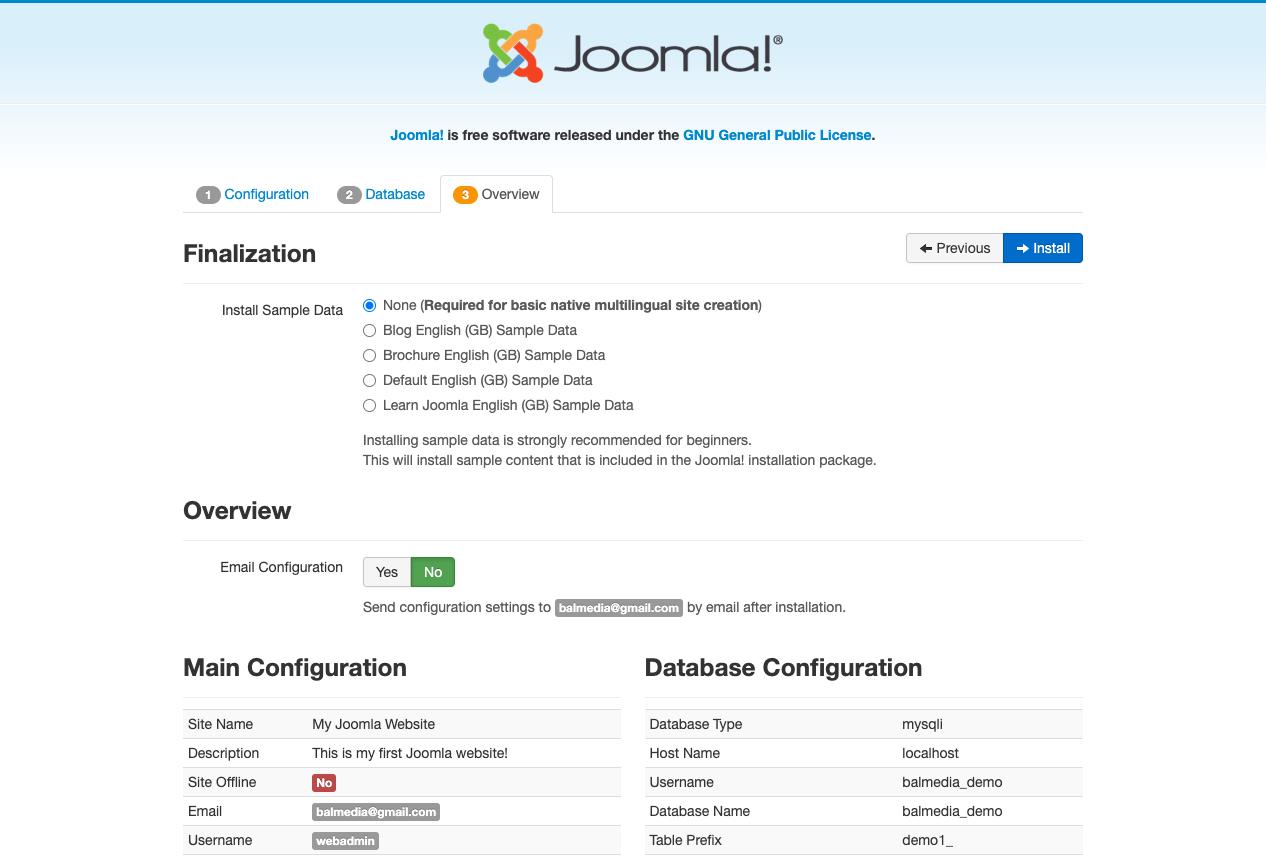
At this point, you can select None to create a blank website and database, or you can use one of the pre-defined templates to see how content is structured in Joomla. For this exercise, we will select the first option, None. Click Next.
8. Clean up
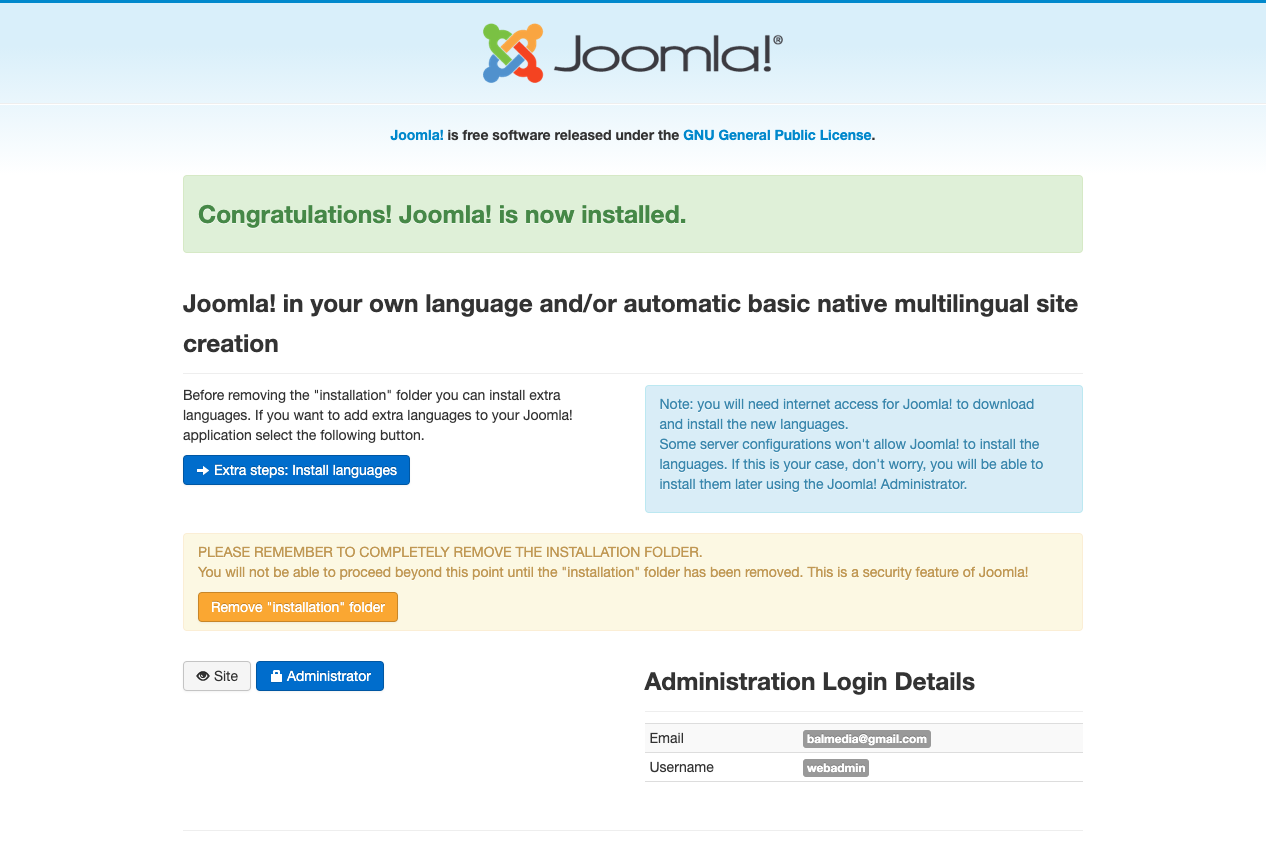
Just a couple more steps to do. Click the Remove Installation Folder button.
9. Remove installation folder
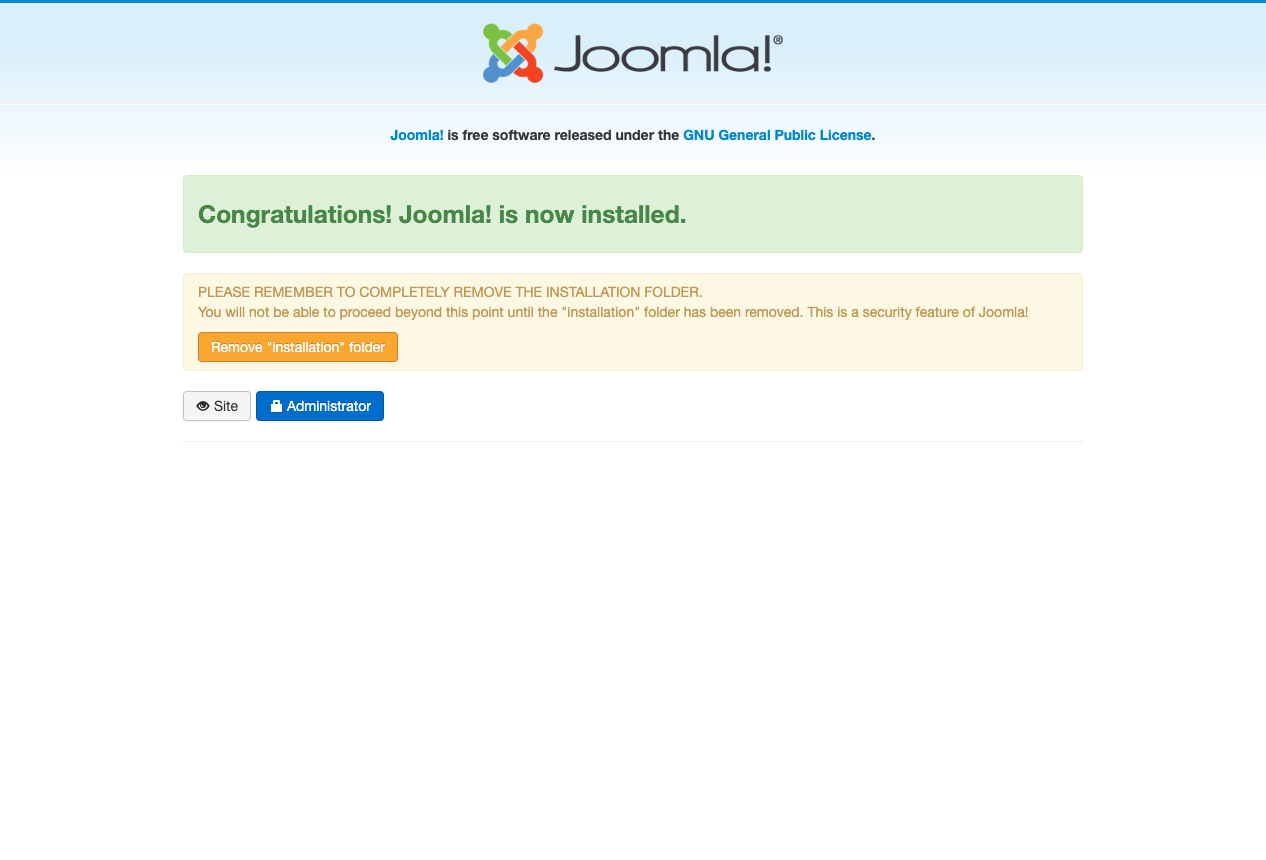
10. Log in to your Joomla backend.
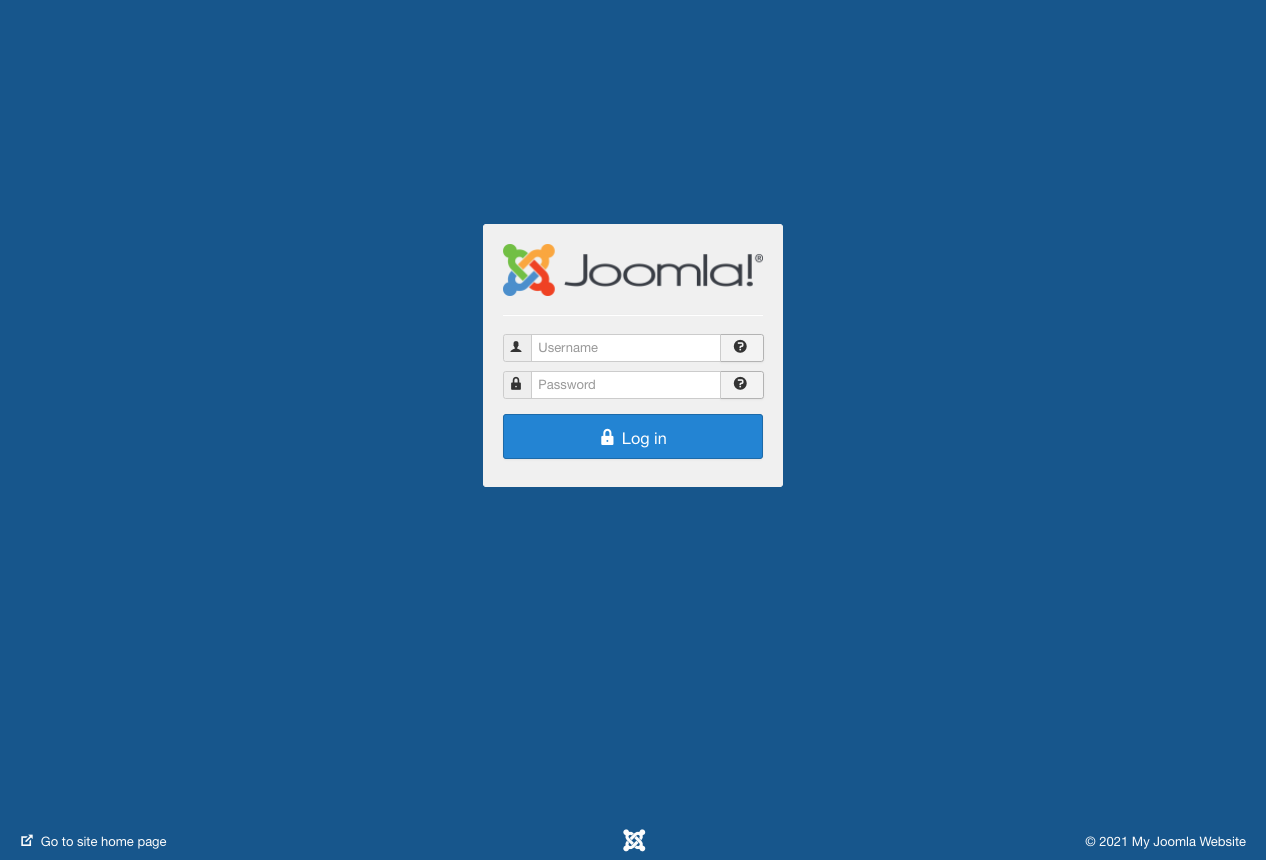
And now you should be able to view the back-end and front end of your Joomla installation.
Once you log in, you'll be greeted by the Joomla Admin Control Panel.

And that's all there is to it! The front end of your Joomla site will look very plain unless you selected a template other than "None" during the installation.
The next blog in this series will look at fine-tuning your domain cPanel and your Joomla server before we load it up with plugins and other fun stuff, so stay tuned!
10 Amazing Benefits of Learning To Play The Piano
If you took lessons for years as a child, or never took any lessons at all, here's some good news for you!
It's never too late to start playing! With that in mind, here are 10 good reasons and amazing benefits of learning to play the piano!
-
Prevents Brain Processing, Hearing and Memory Loss

The ability to process auditory signals usually slows down as we age. However, participants of a recent study who continued to play music throughout their lives had helped reverse the decline of brain processing, memory, and inner ear hearing loss.
Source: ABC News
-
Improved Counting & Math Skills
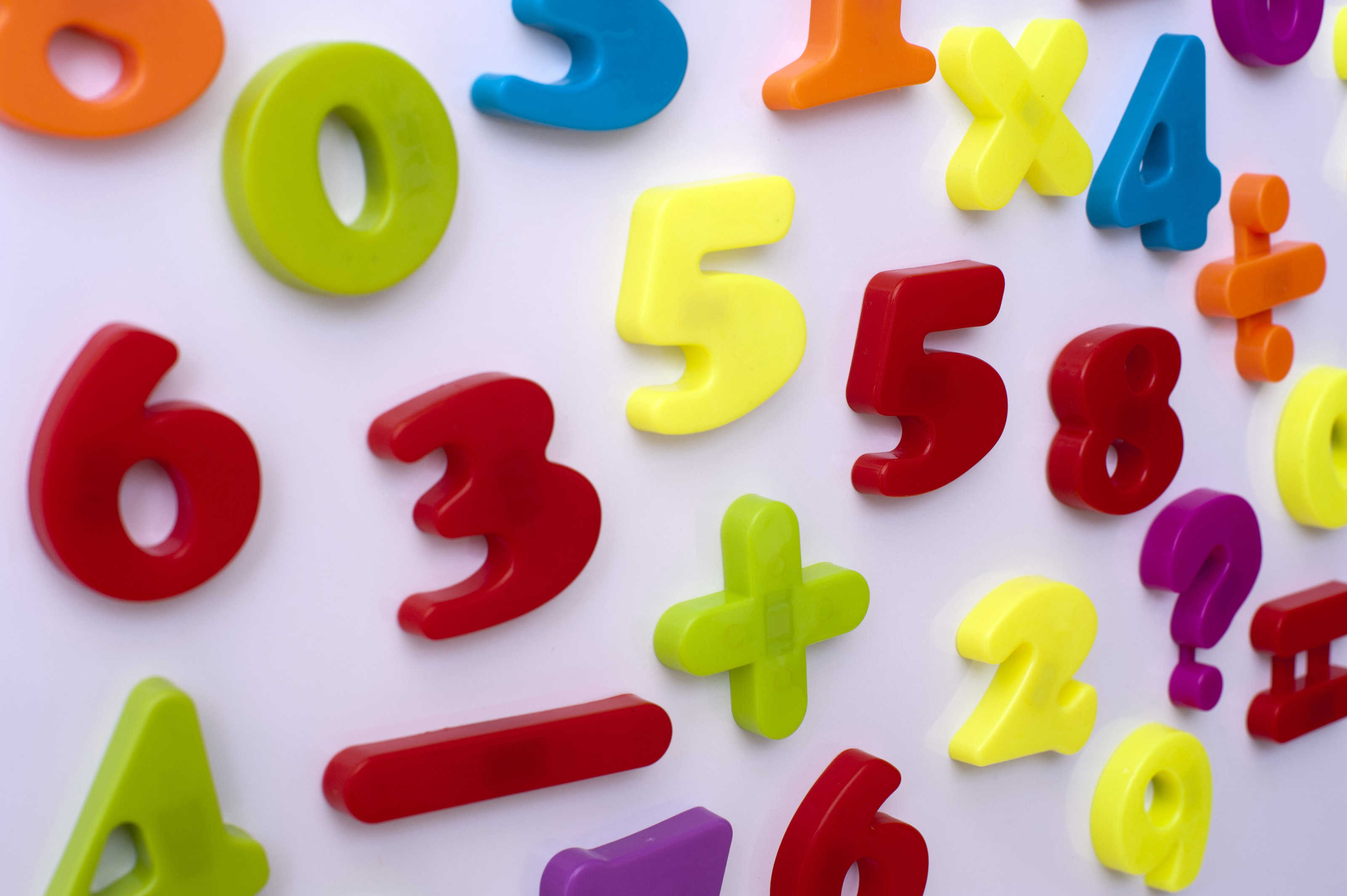
A study conducted by Martin F. Gardiner and his colleagues at the Center for the Study of Human Development at Brown University found that specialized musical training in specific increments toward greater difficulty boosted second graders’ math skills significantly above their peers.
Source: Brain Connection Education Week
-
Exercising New Language Skills
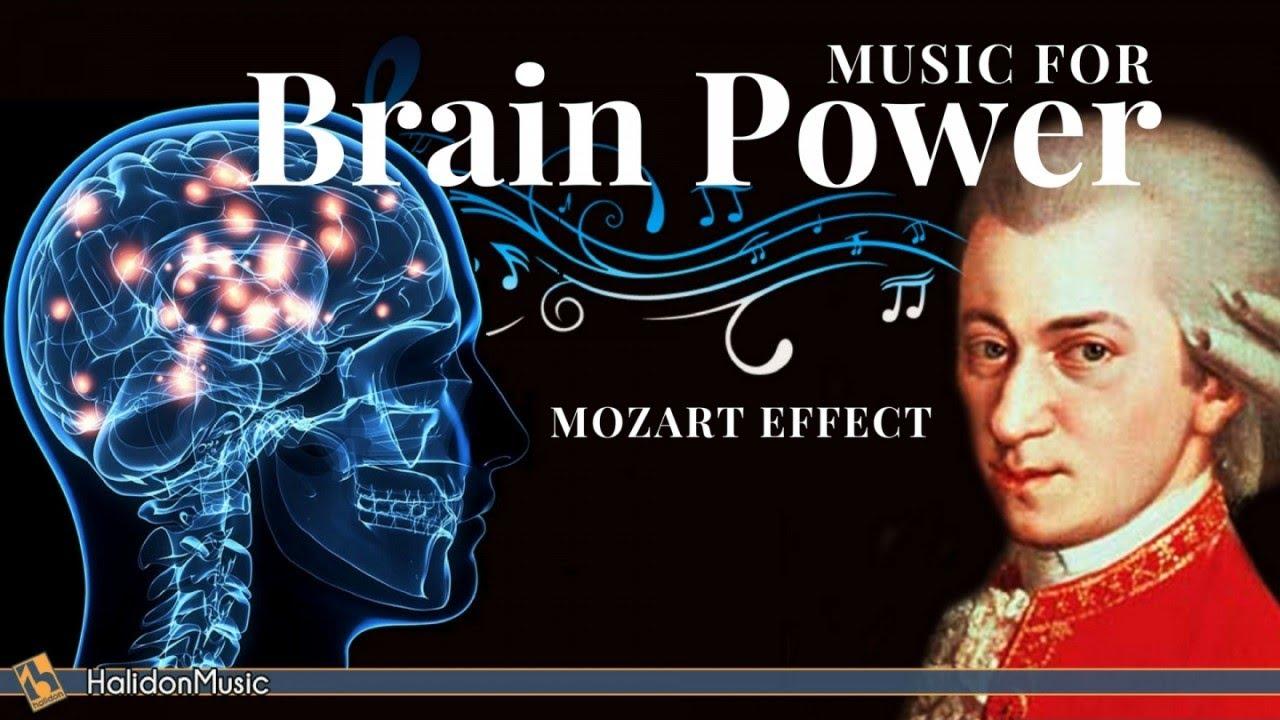
A study in the early 1990s discovered the “Mozart effect” in children, which showed early language development and spatial-temporal intelligence could be boosted by keyboard lessons for preschoolers.2 Additionally, a study by Dr. Charles Limb showed that pianists who solo use their brains linguistically as if they were responding conversationally and grammatically.
Source: Brain Connection & SciePub & Huffington Post
-
Improves Reading Comprehension

A 1993 study summarized in the Educational Psychology journal showed that the ability to discriminate between pitch, which is a fundamental ability you learn when playing piano, was linked to good reading performance. Additionally, learning to memorize music before performance exercises reading comprehension skills and the portion of your brain responsible for recall.Source: Brain Connection & Musician Brain
-
Practice with Time Management & Organization

As with any responsibility or hobby, learning to add it to your daily routine and make time to do it requires good time management. Playing piano and other instruments that demand a routine practice schedule are particularly effective in challenging one’s ability to manage and organize their time. For children, learning to play piano, juggling lessons, practice, and fun play, is a great way to teach these lifelong skills.
Source: Ezine Articles
-
Requires Concentration, Discipline & Patience

Multiple areas of the brain light up when playing music. Scientists studying the brains of musicians as they play music have found that the discipline of playing music is the equivalent of a full-body brain workout. Strengthening multiple areas of the brain, including our ability to concentrate, focus and apply knowledge, playing music allows us to exercise our brain similarly in other areas. So, it should not be surprising that starting to play the piano will trigger increased patience, concentration, and discipline in other areas of your life.
Source: TED
-
Changes Brain Structure and Mental Ability

Many people define themselves as good or not good at music. You’ve heard people say before, “I’m not musical at all!” Gottfried Schlaug, director of the music and neuroimaging lab at Beth Israel Deaconess and Harvard Medical School in Boston, has confirmed through multiple studies that some people’s brains are indeed better suited for learning music. However, all humans can benefit and even change the way their brain processes information and learn new skills by learning to play the piano.
Source: The Guardian
-
Boosts Self-Esteem

In a 2014 study of fourth-grade students in public schools in Canada, children who received individual piano lessons for three years tested higher on self-esteem measures and school music achievement tests. Learning to play piano and experiencing the excitement of mastery after learning a piece of music is an incredibly powerful way to boost one’s confidence.
Source: Sage Pub Journals
-
Expands Cultural Knowledge

In a 2016 study of Amazonian women and men, musical preference was found to be strictly cultural and not hardwired into our brains. Counter to past assumptions about our brains’ preferences of dissonant versus consonant chords, the study’s findings support learning to play piano as one way to expand our cultural knowledge of different sounds, styles, and types of music. Especially for children, this exposure is critical to encouraging early open-mindedness and cultural diversity.
Source: Science Daily
-
Reduces Stress & Anxiety
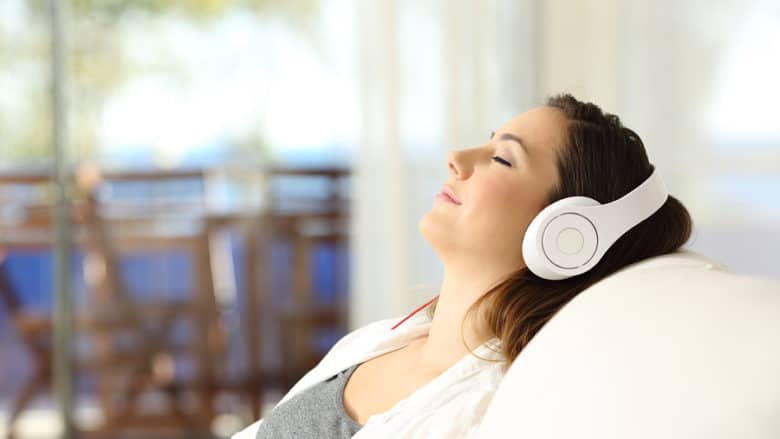
A 2013 article published by the National Library of Medicine found that piano practice can actually help treat depression and alleviate stress in elderly adults. Despite the studied demographic being older adults, these findings are encouraging of all ages that piano practice can serve as a holistic and natural treatment for depression and mood disorders.
Source: NCBI
I hope you find this information helpful and that it encourages you to take up lessons today! It's one of the best gifts you can give yourself that will last a lifetime!
Digital or Acoustic: What Kind of Piano Should You Get
Now that you're interested in taking piano lessons seriously, your next step is choosing a piano that you will bring home to the family!
If you're fortunate, you may already have a piano or keyboard at home. It may not have seen better days, but now that you're taking things seriously it's time to see if you need to do an upgrade or two.
Problem is, there are so many varieties to choose from. It is difficult to know where to start or how much to spend. Then there's the choice between acoustic and digital. Naturally, there are many advantages and disadvantages to both, so I will do my best to list them here. I've had the opportunity to own and use many different kinds of pianos and keyboards, so let my hands be your guide!
Acoustic Pianos
These of course are the traditional kind. There are many varieties and sizes: apartment-size, upright grand, baby grand, concert grand. Now unless you plan on being the next great virtuoso, there are many great apartment-sized pianos you can choose from either new or secondhand.
Advantages
- You get a true stringed instrument with hammer-action keys made of wood and coated with plastic (not ivory).
- You can play music during a power outage.
Disadvantages
- Pianos require tuning at least twice per year in order to keep the tone sounding nice. Stings get to be thrown out of tune with lots of use or heavy play.
- You need to place the piano in an area away from outside walls for proper humidity control. Pianos made of wood will go out of tune if the humidity varies greatly.
- You need to have enough room in your house to place the piano.
- Moving the piano to a different room or house may be costly and cause more detuning.
- Repairs and maintenance are costly.
- High cost of replacement.
Digital Pianos
These have much improved since their inception in the mid 20th century. Digital pianos use an arrangement of sampled sounds from actual pianos to generate the tones you hear when keys are pressed. These are not the same piano sounds generated from a synthesizer. Most inexpensive keyboards offer this lower quality sound such as many in the Casio and Yamaha series of portable keyboards.
Advantages
- Many digital pianos are equipped with a USB/MIDI port for use with connecting to a tablet or computer. This can be used to control software instruments on a tablet or computer to record keystrokes and other electronic music data.
- Can be used in conjunction with a Digital Audio Workstation (DAW) to make multitrack recordings of music with many instruments (keyboard, drums, synthesizer, vocals, etc.)
- Can be moved around with relative ease. Varieties come in the same size as many apartment or baby grand piano styles.
- They do not go out of tune.
- Low cost of replacement,
Disadvantages
- Avoid water at all costs!
- Bad news for you if there's a power failure.
- Lower-quality keyboards have a tendency to break easily.
- Computer connectivity can sometimes be problematic (i.e. driver updates, lack of support, computer hardware issues)
- Motherboards or chips may become defective over time.
Recommendations
Unless you're planning to be a concert pianist, your best bet would be to invest in a good digital piano with weighted hammer-action keys. 88-keys is the standard, however, there are some that come with 76-key and 61-key variations.
The feel is comparable to many good-quality baby grand pianos but without the high price tag and constant maintenance. Roland and Yamaha have good-sounding digital pianos with an excellent feel. They offer full MIDI capability, and when used in conjunction with a DAW such as Logic Pro or Arturia V Piano that come with many fantastic samples of pianos, you will not know the difference and may never look at acoustic pianos the same way.
Getting a piano is a sound investment (no pun intended), and in the end, whether it's an acoustic or digital piano, you win either way as a musician for life!
Simple Tips For Effective Piano Practice
As the old saying goes, practice makes perfect!
Although this is true, we sometimes forget that it's not the quantity or how often we do something, but the quality of the effort we put in each time that makes any practice perfect.
With this in mind, here are a few do's and don'ts to help keep your practice routine fun and rewarding.
Do's
- Just like doing any physical exercise, you need at least a good 20 minutes of practice time to see any lasting results. 30 minutes is ideal. 45 minutes to an hour if you feel you want to push a little more.
- Take a moment to prepare your practice space. Your piano is like your desk at school or study room at home. Try organizing your books and materials to avoid clutter around the piano.
- Make sure you sit with the correct posture at the piano, with your back straight and arms at a 90-degree angle with the keyboard.
- Take a few moments to relax by taking a few deep breaths and releasing the air slowly. Good practice starts with a calm mind. This also helps you to retain what you will learn more effectively.
- When going over a difficult part, take your time and slow down as much as you need. It's not necessary to get everything right on the first try. Going slowly and using a metronome to gradually increase your playing speed will go a long way.
- Put up with distractions. Sometimes you can't avoid having people or distractions while you practice. With patience and a little effort, you can learn to "block out" the noise around you and focus on your lessons.
Dont's
- Don't rush through your practice. Take your time so that you can reward yourself with beautiful music and a job well done!
- Avoid distractions. If there are people around, let them know ahead of time that you intend to do a practice shortly and would like to have as few distractions as possible.
- Don't give up. The only mistake you can make is to not try again.
- Don't over practice. As with all things balance is key.
- Don't be afraid to ask questions. Your teacher is there to help you understand what you need to know.
- Don't stop playing! Once you've gotten the hang of playing piano, make it a permanent part of your life.
To summarize, music practice should never be about just another activity or hobby to pass the time. Our body is like a very complex machine. Music helps to keep all the parts works together and in harmony, because this is how life should be experienced, one measure, one day at a time.
Why I'm Doing This
I first began teaching in the fall of 1988. It was at a high school in the Montreal suburb of St-Laurent. I was 18 years old at the time and was asked to be a substitute teacher for kids barely one year older than me! It's an experience I'll never forget, and as time went on it helped to start the beginnings of what would be Digital Media Camps today.
Although I loved music and teaching, academically I did not have the "diplomas" required to be a professional in those fields. So I chose Electrical Engineering Technology and Computer Science. Most of what I knew was self-taught or from work done as an apprentice in a technical department in a local TV station.
From 1998 to 2007 I held various positions in different areas of information technology, my LinkedIn profile shows a brief overview of my career. However, the call to teach and play music was always there.
A change of life situation in 2008 got me on the path to being a music teacher. Before long, I was providing elementary school kids with 30-minute lessons at lunch, in their after-school programs, and eventually into their homes in the neighboring areas of the schools I taught at.
The one thing that drew my attention to the need for better programs for kids was when I entered these classrooms was the lack of music, art, and technology programs that were in such high demand in my IT career. Much of the high-end computers in the classroom were just used for doing spreadsheets, presentations, and homework assignments. Very rare was there a program that showed a more advanced level of computer science. Much of the technology used to publish websites, create music, edit videos, and learn basic economics and business management was not being put to good use.
This concerned me greatly knowing that there are many kids with learning disabilities that could greatly benefit from programs and workshops that would engage and deliver a quality educational experience for their child. There are too many studies that show the benefits of learning music at an early age and how digital media can help kids learn to become better digital citizens.
From 2010 until 2020 I had the opportunity to run my Digital Media Camps in different forms; one of which was Digital Music Camps at Dawson College for a few summers, and privately with different families and students until the COVID-19 crisis hit and changed everything.
All of a sudden, everyone needs a better faster computer to work from home with, and for all that teleconferencing we do with Zoom and Google Meet.
We have now entered the world of reliable online lessons that can be done in the comfort of your home, school, or office.
I believe that it is now possible for virtually everyone to create their own music, art, or video projects with professional quality. Dreams do come true for everyone. It's important to teach others to never stop believing in themselves, in the potential that exists in them and other people around them.
Not only are Digital Media Camps focused on developing student's minds, but we are also committed to providing teachers and educators with second-to-none industry experience as they help shape the minds of our future. If you are one of these people, I hope that my efforts and those of the greater community can help you realize your projects with better peace of mind,
Music and art are essential to humanity. It helps us to be inspired and to inspire others to do more, be more, and live more. In an age where attention spans are short, it's important to make sure you make every moment count.
COVID-19 Policy
Dear Friends,
I do everything possible to reduce the risk of transmitting this disease.
For the latest news on the Coronavirus (COVID-19) outbreak please visit the Government of Canada's website, by clicking the link below.
https://www.canada.ca/en/public-health/services/diseases/coronavirus-disease-covid-19.html
Please stay safe everyone, and wear a mask!
- Richard


